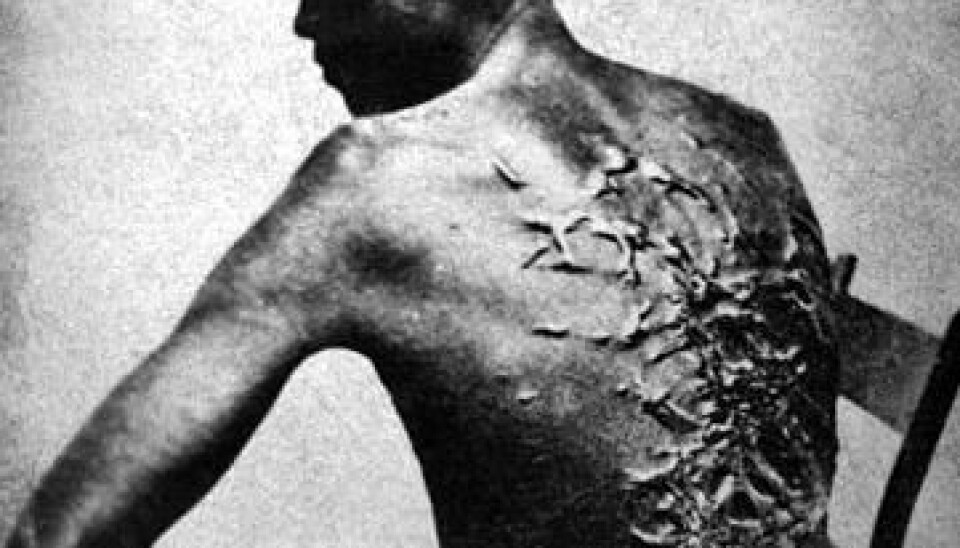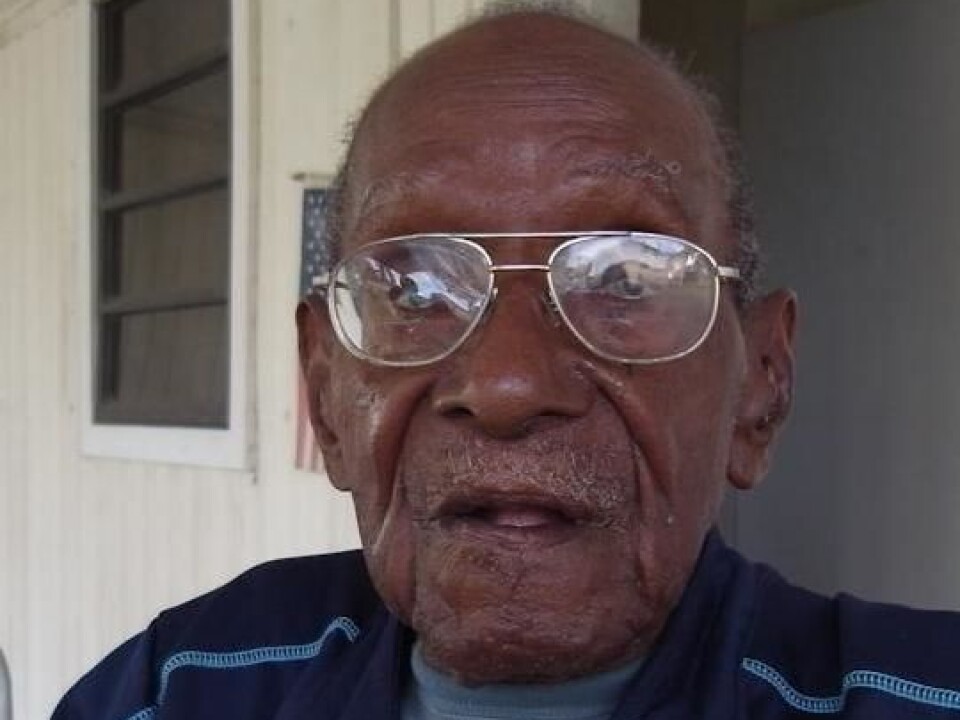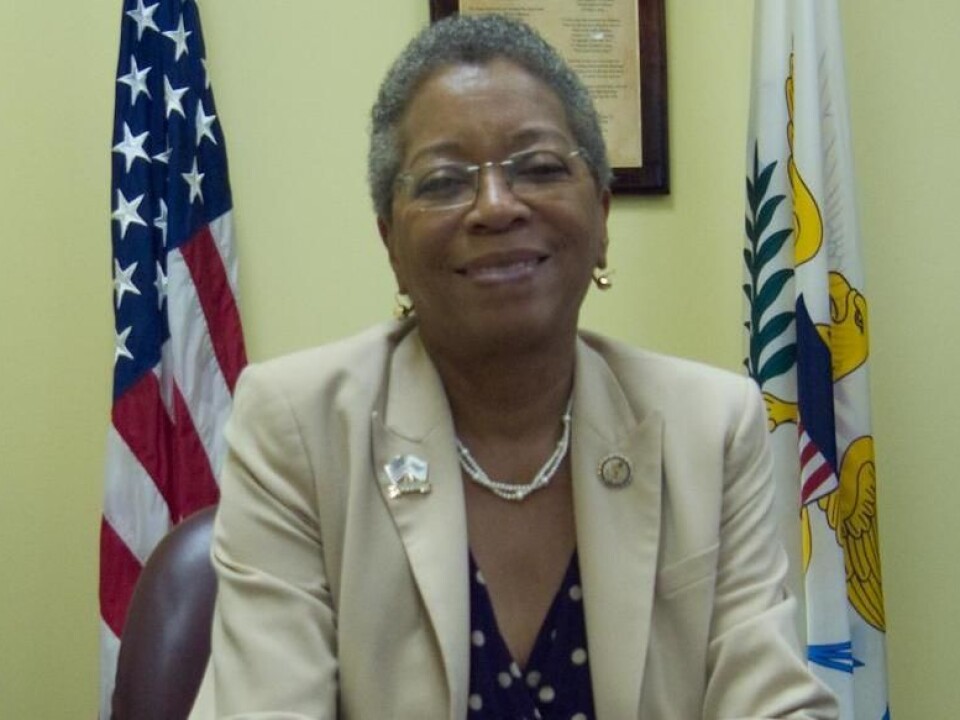
Denmark cannot apologise for slave trade
As the centennial for Denmark’s sale of the former Danish West Indies approaches, a grass root movement is putting pressure on Denmark to apologise for the slave trade that took place there. However, if Denmark wants to sustain a good relationship with the US, apologising is not an option, says a Danish researcher.
One Tuesday night in 1998, secondary school student Astrid Nonbo Andersen was sitting on the couch watching television.
There was a feature from the Virgin Islands – the former Danish West Indies – marking the 150-year anniversary for the emancipation of the slaves.
But in the middle of the celebrations, there was an uproar.
A local politician was demanding that the Danish state and other former slave-trading nations apologise.

“Denmark has to understand that until a head of state apologises for turning the African people into slaves, no Dane is my friend,” said the local politician Adelbert Bryant in an address to the press.
Historical remembrance days spark off debate
The episode in 1998 sparked off an interest for Astrid Nonbo Andersen in the question of a Danish apology and compensation for colonialism.
Since those days, she has acquired a degree in philosophy and is currently doing PhD research in the politics of remorse and apology.
“In periods leading up to a historical remembrance day, the attitudes towards the period of Danish colonialism becomes particularly poignant,” she says.

And the colonialist debate still takes up more space in the former West Indies than it does in Denmark.
An example of this is the West Indian grassroot movement (ACRRA) that strives for a form of restoration and recognition of guilt from Denmark leading up to 2017 – the centennial of the Danish sales of the West Indies – as the next milestone.
“An apology will make a world of difference to the benefit of the inhabitants of the Virgin Islands,” says Shelley Moorhead, the leader of the movement.
Why the Virgin Islands want an apology
During the Transatlantic slave trade, Denmark was involved in the transport of around 100,000 slaves from Africa to the former West Indies.
Here they were forced to work in the sugar plantations under inhumane conditions.
Denmark was the first state to prohibit slave trade, officially putting an end to it in 1792.
However, the slaves in the West Indies weren’t liberated until 1848 – 15 years later than the British slaves.
Since the abolition of the slave trade, Denmark has attempted to sell the West Indies, succeeding finally in 1917, when the US acquired the islands for 25 million dollars’ worth of gold for reasons of military strategy.
The West Indies became ‘unincorporated territory’ under the US, thus ending the Caribbean colonialist adventure for Denmark.
“But for the islanders, the history of colonialism continued. According to many of the locals, some of the biggest problems in society – poverty and crime – are closely connected to colonialism,” says Andersen.
She has studied the local library’s microfilms and old newspapers, and interviewed local politicians and citizens in the islands about the attitude towards the potential apology and compensation.
A state can carry guilt
Andersen says that official state apologies are an expression of a change in our perception of the concept of the state.
At one point, the state that lost a war would have to pay compensation to the winners. But this changed after the Second World War, when Germany wasn’t forced to pay reparations to the allies.
Germany chose to pay reparations to Israel, which was perceived as representative of all the Holocaust victims. German heads of state have since accepted moral responsibility for the Holocaust.
Germany is a model for a new understanding of the state as morally guilty – a perception that’s spreading to other parts of the world.
Denmark has previously apologised for Thule
Many support the idea that former colonial powers should follow Germany’s lead and accept financial and moral responsibility for the historical injustices committed during colonialism – slavery being one such example.
“In the 1990s, this wave results in a series of official apologies, many of these being for the crimes of colonial times,” says Andersen.
Great Britain apologises to the Maoris in New Zealand and pays them compensation, Canada apologises to its original population for the way they have been treated, and the Danish Prime Minister Poul Nyrup Rasmussen apologises on behalf of the Danish state for the transfer of the population of the Greenlandic town Thule.
We cannot interfere with American national politics
Denmark has never apologised for the period of slavery. According to Andersen, there are four reasons for this:
- The period of colonialism is generally not present in the Danish understanding of history. Because of this, there is no pressure from the Danish people. “Apologies from states are very rarely given without a period of pressure from the people, or from the outside world,” she says.
- The Danish state may fear that an apology will lead to demands for financial compensation. Some apologies are followed by compensations. Nyrup Rasmussen’s apology to Greenland, for instance, was followed by funding for an airport.
- Denmark is awaiting the UN’s verdict on the question of compensation for the transatlantic slave trade. The issue was raised in 2001 at the Durban 1 conference, but no agreement was reached.
- The Virgin Islands are part of the US, and all diplomatic connections between Denmark and the Virgin Islands must be granted prior permission from Washington. The US only apologised for the slave trade in 2009, and has not since paid any compensation.
“It would have been and will therefore still be considered undue interference with American domestic politics if Denmark apologises and subsequently pays compensation for the slavery,” she says.
Does an apology make sense?
In 1998, the Danish Minister of Foreign Affairs at the time, Niels Helveg Petersen, rejected initial demands of an official apology for the Danish participation in the transatlantic slave trade, saying that: “I cannot see what’s right about people who have had nothing to do with slavery apologising to people who have not experienced slavery.”
Nevertheless, there are several examples of apologies for historical injustices having been made, even though neither the victims nor the perpetrators were alive.
In 2004, Germany apologised for the genocide of the Herero-people in present-day Namibia which took place in 1904-07.
Denmark may apologise one day
“For the slaves and their descendants on the Virgin Islands, history didn’t end in 1848 or in 1917.
Some claim that the effects are still felt today.
To them, Helveg Petersen’s argument can be likened to telling the descendants of the victims of the Nazi regime that their history didn’t matter.”
However, according to Andersen, Denmark may still offer an apology:
“Perhaps not now, but it is a political decision, so it may change. If the US one day offers Denmark the possibility of apologising and possibly paying some form of compensation, then it may happen,” she says.
---------------------------------------
Read the Danish version of this article at videnskab.dk
Translated by: Iben Gøtzsche Thiele




